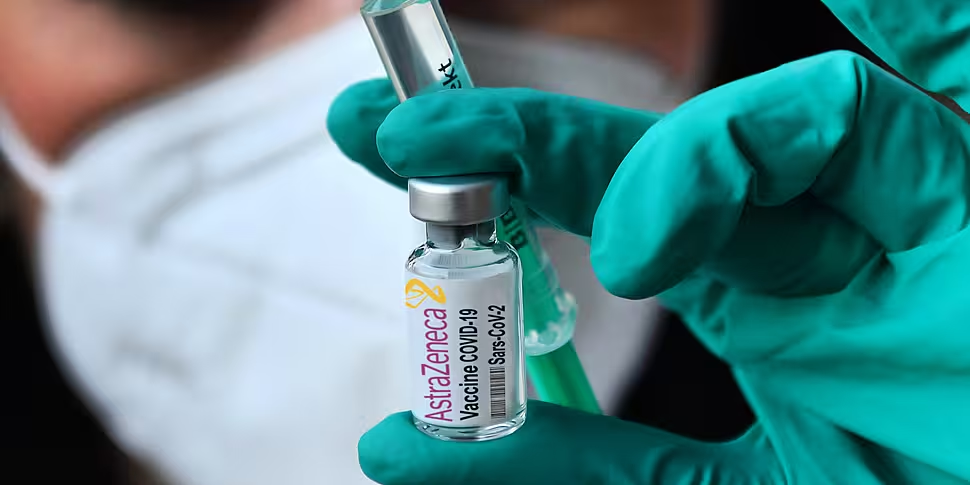The decision by the EU to withdraw its plans to control the export of COVID-19 vaccines into Northern Ireland has been welcomed.
The Minister for European Affairs Thomas Byrne said the EU should never have triggered a section of the Northern Ireland Protocol, stating that an "unnecessary political crisis" was caused there yesterday.
It comes after controversy over a row with vaccine maker AstraZeneca amid delays in the delivery of doses to the 27 members of the bloc.
Earlier on Friday, Brussels had triggered Article 16 of the Northern Ireland Protocol that forms part of the Brexit withdrawal deal.
By doing so, the EU tried to stop the unimpeded flow of coronavirus jabs into the country.
Brussels was attempting to prevent Northern Ireland from being used as a back door to move COVID vaccines from the EU into the rest of the UK.
Northern Ireland's First Minister Arlene Foster branded the move as "aggressive and shameful" and "an incredible act of hostility".
But just hours later, the Commission clarified the EU was in fact "not triggering the safeguard clause" and called its earlier decision an "oversight".
Taoiseach Micheál Martin, who had spoken to European Commission President Ursula von der Leyen about the matter, welcomed the U-turn.
The Minister for Foreign Affairs Simon Coveney said "lessons should be learned" over the controversy, as the Protocol "is not something to be tampered with lightly".
EU Com statement tonight confirming NI Protocol Art 16, safeguard clause, will not be triggered.
Welcome news, but lessons should be learned; the Protocol is not something to be tampered with lightly, it’s an essential, hard won compromise, protecting peace & trade for many. pic.twitter.com/QLKpfhR9Yt— Simon Coveney (@simoncoveney) January 29, 2021
Speaking on Newstalk Breakfast with Susan Keogh, Thomas Byrne said Article 16 is only designed to be used "in extreme circumstances".
"This type of provision is standard in trade agreements, so this Article 16 is in trade agreements across the world, but in the Northern Ireland situation, it obviously has a different political resonance," he said.
"It's perhaps the case that that wasn't fully appreciated by the drafters, but I can't say that it's too early to tell but I suppose that is a fact, that's what happened.
"I think the European Commission realised then, once the controversy erupted and the Taoiseach was in touch, that this obviously had to be rectified.
Minister Byrne conceded that the EU was in the wrong, and that the focus needs to be on the collective efforts to tackle the coronavirus pandemic.
He said: "What they wanted to do was, on the one hand, make sure the vaccine could get to Northern Ireland but it wouldn't be used as a route to get vaccines into Britain.
"I mean, quite frankly, it is really, really unlikely that that could ever happen.
"I think that's been recognised and it is welcome because it brought an unnecessary political crisis to the situation on the Brexit on the Northern Ireland side that wasn't necessary when we should all be fighting to make sure we can tackle this pandemic together."
'Not fully thought through'
Minister Byrne described it as "an emergency situation", which rather than specifically targeting Northern Ireland, was a decision by the EU Commission to restrict the export of vaccines from the union.
He said: "It's clear, I think, that [with] Article 16 of the Protocol, the implications weren't fully thought through.
"That's a pity but it's a lesson to us all at this point.
"The Protocol took a lot of years to work, it's a complicated provision to deal with what is a complicated political situation to try and bring the best of both worlds to Northern Ireland which is what we've always tried to do."
The European Commission is trying to do everything they can to ensure AstraZeneca comply with their contractual obligations and that's where Ireland's interests lie, he added.
Minister Byrne said: "Clearly a misstep was made in relation to the Northern Ireland Protocol but that was very quickly rectified."









